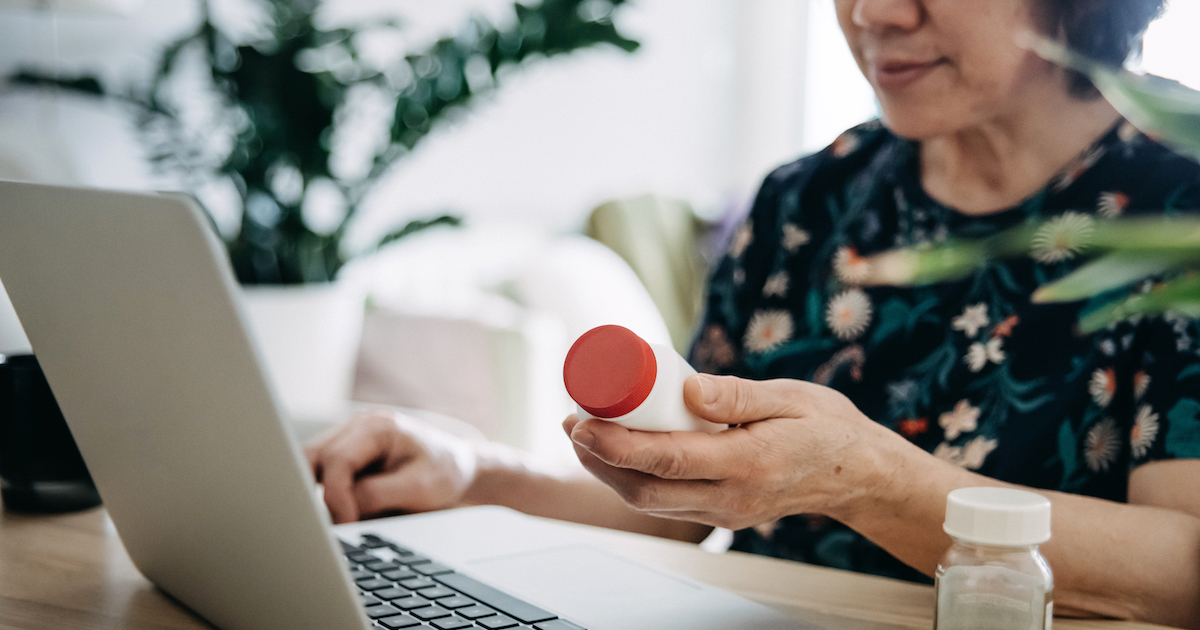 Otoharmonics, a startup out of the Baker Group supported by Cedars-Sinai Medical Center, has received FDA 510(k) clearance for an iPad or iPod Touch application that treats a medical condition called tinnitus. Technology behind the Levo system, originally developed at Cedars-Sinai, uses sound therapy to train the brain to ignore the ringing sounds caused by tinnitus.
Otoharmonics, a startup out of the Baker Group supported by Cedars-Sinai Medical Center, has received FDA 510(k) clearance for an iPad or iPod Touch application that treats a medical condition called tinnitus. Technology behind the Levo system, originally developed at Cedars-Sinai, uses sound therapy to train the brain to ignore the ringing sounds caused by tinnitus.
Tinnitus is a persistent ringing in the ears that is often treated as a hearing disorder, but is actually caused by false signaling in the brain. It affects about 50 million people in the United States to varying degrees, according to the American Tinnitus Association.
"We work on this principle of habituation," Otoharmonics Chief Marketing Officer Brenda Edin told MobiHealthNews. "It’s like living by a train station or an airport. When you first move in, all you hear are planes landing or trains going by. After months you don’t hear them at all. And the reason you don’t hear them at all is because your brain gets used to those sounds and realizes and understands that they’re not a priority and drops them down on the radar."
The FDA clearance is for the whole system: the software, the earbuds, and the Apple devices themselves. This means Otoharmonics will need to get additional clearances if they want to develop future versions for Android or other platforms, or even for subsequent generations of Apple products.
With the Levo system, a doctor prescribes the system to a patient and takes molds of their ears to make custom earbuds. Then, on a follow-up visit, the doctor gives the patient the earbuds and a device with the system pre-installed. The patient uses the app to "map" the sound they're hearing, and the app generates a therapy based on that sound. Patients listen to the app at night in order to take advantage of unconscious brain processes.
"Like 'defragging' a computer’s hard drive, the brain efficiently reorganizes itself while we sleep," Otoharmonics writes on its website. "Selectively removing the unnecessary bits of information, our brain prioritizes new and stored information to lock in learning and memory. As a result, new neural connections are created, rerouted or reduced to make way for new learning and problem solving activities. By using the Levo System at night, patients leverage the brain's natural ability to diminish the effects of tinnitus over time."
Otoharmonics received the clearance just 90 days after submitting, according to Edin. The rollout will take some time, she said, because Otoharmonics needs to train audiologists on the system. They're currently training professionals in Los Angeles; Portland, Oregon; New York, and Chicago.
"Unlike traditional audiology equipment, with the software on the iPod we see the patient and the provider sitting side by side and using the app together," Edin said. "That’s kind of a new thing in that industry. Normally you see an audiologist at a desktop and they’ll turn and ask a question, go back to the desktop. You see a lot of backs of audiologists, and with hard of hearing people you need to have that face-to-face contact."
The company will sell the system to hospitals, who will then sell to patients. Edin said that right now, because the system is considered a therapy rather than a treatment, it will be difficult for most patients to get reimbursement from payers. The exception is veterans, one of the largest groups of tinnitus sufferers, who can often get reimbursement from the VA.
The Levo system could change that paradigm though. Unlike other tinnitus therapies, they can quantitatively measure improvement through the app. In time, that quantitative outcomes data could be enough to get the system classified as a treatment not just a therapy, thus increasing the chances of regulatory reimbursement.


